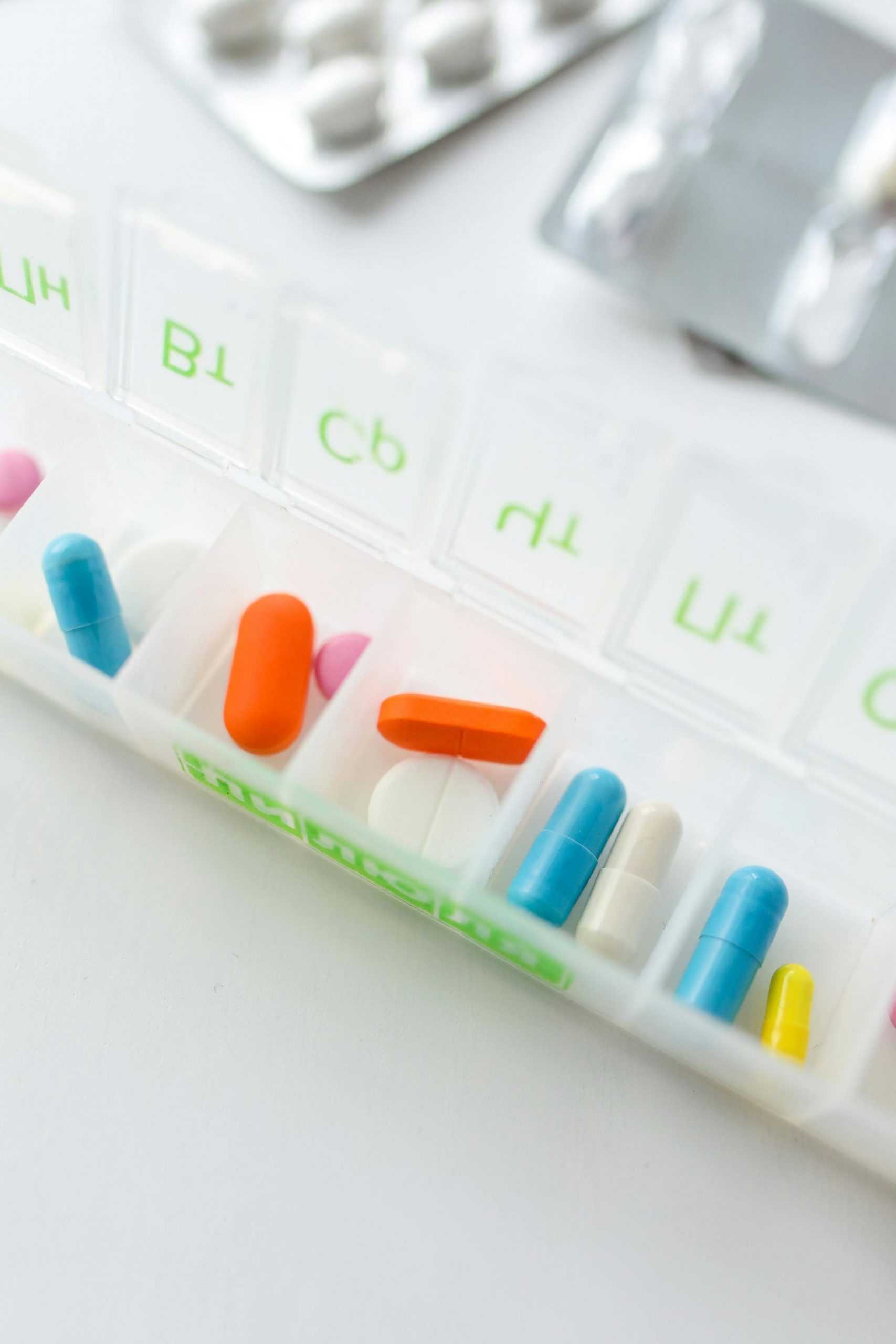
Navigating the Terrain of Blood Sugar: Understanding Idiopathic Postprandial Syndrome
If you’ve ever felt shaky, nervous, or fatigued after a meal, you might wonder if your blood sugar is dropping too low. For those experiencing these symptoms without an actual drop in blood sugar levels, a condition known as Idiopathic Postprandial Syndrome (IPS) may be the cause. This article explores IPS, its symptoms, potential causes, and effective management strategies.
What is Idiopathic Postprandial Syndrome?
Idiopathic Postprandial Syndrome (IPS), also known as pseudohypoglycemia or adrenergic postprandial syndrome, is characterized by symptoms that resemble low blood sugar within four hours after eating. Unlike true hypoglycemia, individuals with IPS maintain normal blood sugar levels, typically less than 140 mg/dL. Although the symptoms of IPS mimic those of hypoglycemia, IPS does not result in the long-term damage associated with actual low blood sugar levels.
Symptoms and Causes
Symptoms of IPS include shakiness, anxiety, sweating, confusion, and fatigue, occurring despite normal blood sugar levels. The precise cause of IPS is unknown. However, factors such as lower-range normal blood sugar levels, consumption of high-glycemic index foods, excessive insulin production, and sensitivity to certain hormones might contribute to its development.
Managing IPS
Fortunately, most individuals with IPS do not require medical treatment. Lifestyle and dietary changes can often alleviate symptoms. Key recommendations include:
- Consuming high-fiber foods, lean proteins, and healthy fats.
- Avoiding large meals or foods high in added sugars and refined carbohydrates.
- Eating smaller, more frequent meals throughout the day.
- Limiting excessive alcohol consumption.

Photo by Geraud pfeiffer
For those who do not find relief through dietary changes alone, healthcare professionals may prescribe medications like alpha-glucosidase inhibitors, commonly used in treating type 2 diabetes. These medications help regulate blood sugar levels and manage IPS symptoms.
When to Seek Medical Attention
If you experience symptoms of low blood sugar after meals, it’s crucial to consult a healthcare professional to determine the cause. Keeping a food diary to track symptoms and dietary patterns can assist in diagnosis and treatment planning. Severe or persistent symptoms may require further medical evaluation to rule out other underlying conditions contributing to IPS.
Idiopathic Postprandial Syndrome can significantly impact daily life, causing discomfort and disruption after meals. However, with proper management strategies—including dietary modifications and, if necessary, medication—individuals can effectively navigate the challenges posed by IPS. If you suspect you have IPS or experience symptoms of low blood sugar after eating, seek guidance and support from a healthcare professional to manage this condition effectively.
DISCLAIMER
All information presented herein serves as a general guideline, and is not intended as dispensing any medical advice(s). User(s) should consult their doctor to seek further clarification for any doubt. It is recommended to refer to this guide with sole discretion, thereby we shall not be held responsible for any part of the information as presented.
REimagined Healthcare with BUZUD Care Experience at:
585 North Bridge Road, #01-02 Raffles Hospital, Singapore 188770
Call: +65 6518 9959 or Email: customercare@BUZUD.com
No Comments
Leave a Reply Cancel Reply
You must be logged in to post a comment.
